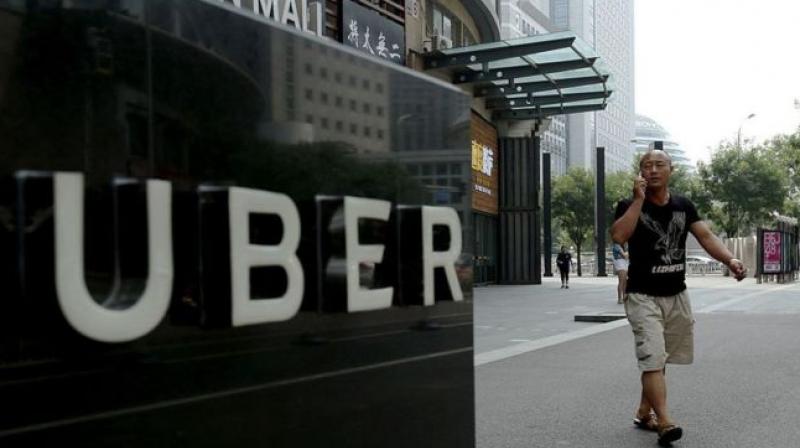Uber\'s self-driving unit valued at USD 7.25 billion in new investment
The funding allows Uber to transfer some of the substantial cost of developing self-driving cars onto outside investors.

Uber’s autonomous vehicle unit has raised USD 1 billion from a consortium of investors including SoftBank Group Corp, giving the company a much-needed funding boost for its pricey self-driving ambitions on the eve of its public stock offering.
Uber Technologies Inc said on April 18, that the investment values its Advanced Technologies Group, which works to develop autonomous driving technology, at USD 7.25 billion. SoftBank will invest USD 333 million from its USD 100 billion Vision Fund, while Toyota Motor Corp and automotive parts supplier Denso Corp will invest a combined USD 667 million.
Toyota will also contribute up to an additional USD 300 million over the next three years to help cover the costs of building commercial self-driving vehicles, Uber said.
Uber CEO Dara Khosrowshahi said that the funding “will help maintain Uber’s position at the forefront of” a transforming transportation industry.
The funding allows Uber to transfer some of the substantial cost of developing self-driving cars onto outside investors. That is likely to appease some of Wall Street’s concerns over Uber’s spending on the autonomous unit, which has topped USD 1.07 billion since the program started in 2016.
In its filing for an initial public offering this month, Uber cautioned that development of self-driving technology “is expensive and time-consuming and may not be successful” and the company lagged certain competitors.
The self-driving business unit brings in no meaningful revenue for Uber, which last year lost USD 3.03 billion.
As part of the investment, ATG becomes its own legal entity but remains under the control of Uber. A new ATG board will be formed, with six directors appointed from Uber, one from SoftBank and one from Toyota. Eric Meyhofer, currently the head of ATG, will take the title of CEO and report to the new board.
Such sizeable deals are unusual for companies so close to an IPO because bringing in large new investors changes the company’s capital structure.
Uber is preparing to launch its “roadshow,” when it will pitch its company prospective investors, the week of April 29, setting up for an early May debut on the New York Stock Exchange. It is expected to raise USD 10 billion at a USD 90 billion to USD 100 billion valuations.
The transaction is expected to close the third quarter. The deal, however, will almost certainly require approval from the inter-agency regulatory group called the Committee on Foreign Investment in the United States (CFIUS).
A law enacted last year expands that group’s powers to review minority stakes by foreign investors in startups with certain sensitive technologies, and self-driving technology is widely considered to have defence applications.

